Bilateral meetings on combating global warming.
John Kerry Takes Lead in Climate Change Discussions with China
August 8, 2023 3:56 PM EDT
- The Gist
- The United States and China will hold bilateral meetings ahead of the UN climate talks in late 2023.
- The talks will be led by US special envoy on climate change, John Kerry, and his Chinese counterpart, Xie Zhenhua.
- The discussions will focus on reducing methane emissions, limiting coal use, curbing deforestation, and assisting developing countries in tackling climate change.
- The talks may also touch upon China's objections to US tariffs and restrictions on imports of Chinese solar panel and battery components.
- The goal is to establish stability in the US-China relationship without making concessions.
- The talks are significant as both countries are the world's largest polluters and cooperation is crucial for global climate efforts.
In an effort to combat global warming and address urgent climate concerns, the United States and China have announced bilateral meetings ahead of the UN-sponsored climate talks in late 2023. These talks, led by U.S. special envoy on climate change, John Kerry, and his Chinese counterpart, Xie Zhenhua, will focus on key issues such as reducing methane emissions, limiting coal use, curbing deforestation, and assisting developing countries in tackling climate change.
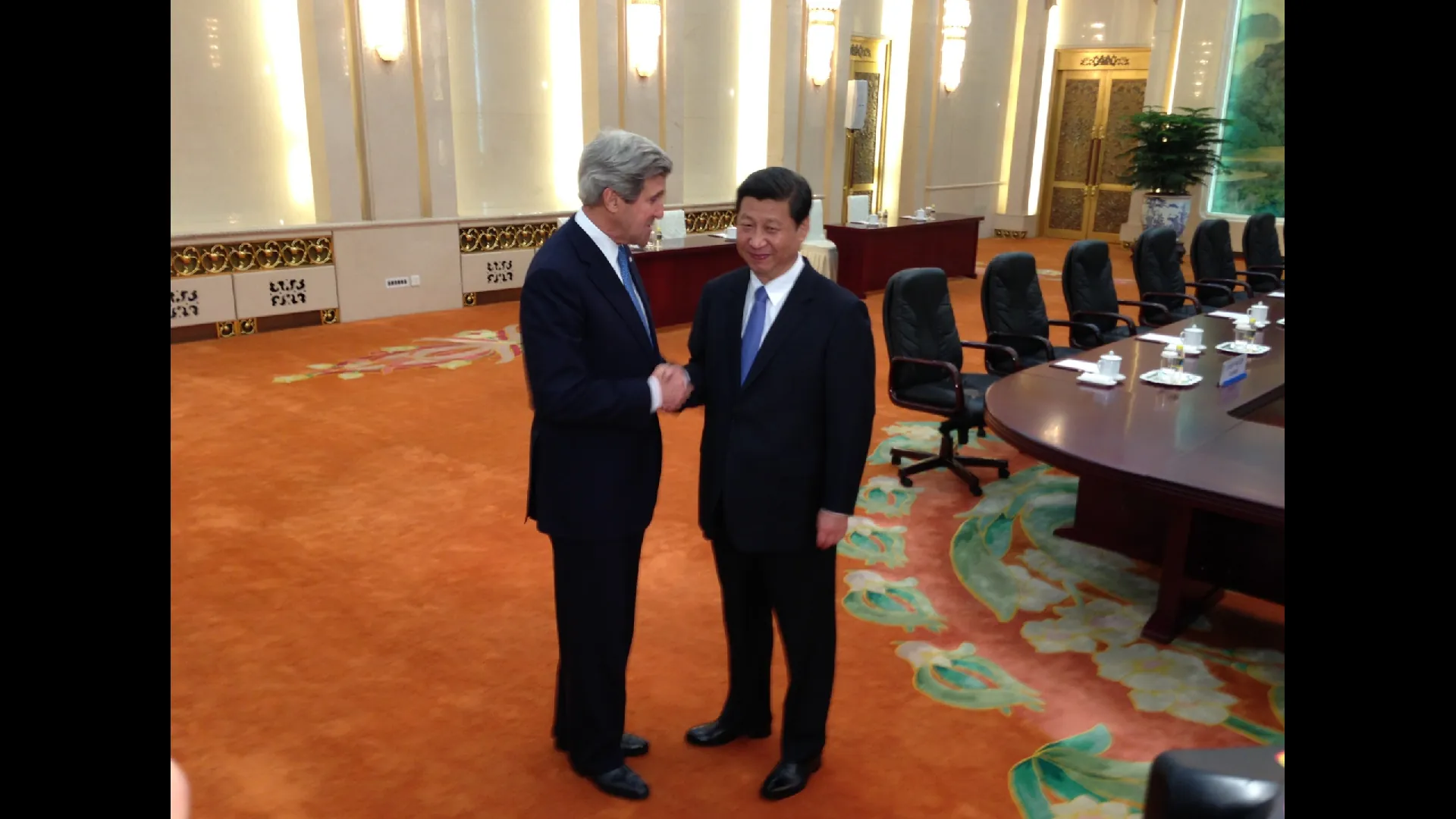

The discussions between John Kerry and Xie Zhenhua will primarily revolve around finding effective solutions to combat climate change. This includes reducing methane emissions, a potent greenhouse gas, as well as limiting the use of coal, a major contributor to carbon emissions. Additionally, the talks will explore strategies to curb deforestation and support developing nations in their efforts to address climate change.
While the primary focus is climate change, the talks may also touch upon China's objections to U.S. tariffs and restrictions on imports of Chinese solar panel and battery components. The U.S. aims to protect its manufacturers from low-cost competitors, some of whom are suspected of using forced labor. Balancing trade concerns with climate objectives will be an important aspect of the discussions.
The overarching goal of these meetings is to establish stability in the relationship between the United States and China without making any concessions. Both countries recognize the importance of cooperation in tackling climate change and aim to find common ground while addressing their respective concerns.
Critics from the Republican party have accused the Biden administration of being too lenient on Beijing in climate diplomacy. However, historically, talks between the U.S. and China have played a vital role in advancing global climate negotiations.
China and the United States are the world's two largest polluters, collectively responsible for nearly 40% of global emissions. The urgency for climate cooperation is further highlighted by extreme heat waves experienced in both countries.
Experts do not anticipate major breakthroughs from these talks, but they emphasize the significance of the meetings. The speed of China's transition from coal will be a crucial topic of conversation, considering China's commitment to reaching peak carbon emissions by 2030 and becoming carbon neutral by 2060. Despite China's efforts to increase clean energy installations, the expansion of coal-fired power plants poses a challenge to its climate policy.
As John Kerry takes the lead in climate change discussions with China, the talks hold immense importance in addressing urgent climate concerns. With the United States and China being the world's largest polluters, finding common ground on key issues such as reducing emissions, limiting coal use, and supporting developing nations is crucial for global climate efforts. While major breakthroughs may not be expected, the significance of these meetings cannot be understated in advancing climate cooperation and establishing stability in the relationship between the two nations.
While the primary focus is climate change, the talks may also touch upon China's objections to U.S. tariffs and restrictions on imports of Chinese solar panel and battery components. The U.S. aims to protect its manufacturers from low-cost competitors, some of whom are suspected of using forced labor. Balancing trade concerns with climate objectives will be an important aspect of the discussions.
The overarching goal of these meetings is to establish stability in the relationship between the United States and China without making any concessions. Both countries recognize the importance of cooperation in tackling climate change and aim to find common ground while addressing their respective concerns.
Critics from the Republican party have accused the Biden administration of being too lenient on Beijing in climate diplomacy. However, historically, talks between the U.S. and China have played a vital role in advancing global climate negotiations.
China and the United States are the world's two largest polluters, collectively responsible for nearly 40% of global emissions. The urgency for climate cooperation is further highlighted by extreme heat waves experienced in both countries.
Experts do not anticipate major breakthroughs from these talks, but they emphasize the significance of the meetings. The speed of China's transition from coal will be a crucial topic of conversation, considering China's commitment to reaching peak carbon emissions by 2030 and becoming carbon neutral by 2060. Despite China's efforts to increase clean energy installations, the expansion of coal-fired power plants poses a challenge to its climate policy.
As John Kerry takes the lead in climate change discussions with China, the talks hold immense importance in addressing urgent climate concerns. With the United States and China being the world's largest polluters, finding common ground on key issues such as reducing emissions, limiting coal use, and supporting developing nations is crucial for global climate efforts. While major breakthroughs may not be expected, the significance of these meetings cannot be understated in advancing climate cooperation and establishing stability in the relationship between the two nations.
No, Really?! There's More News:
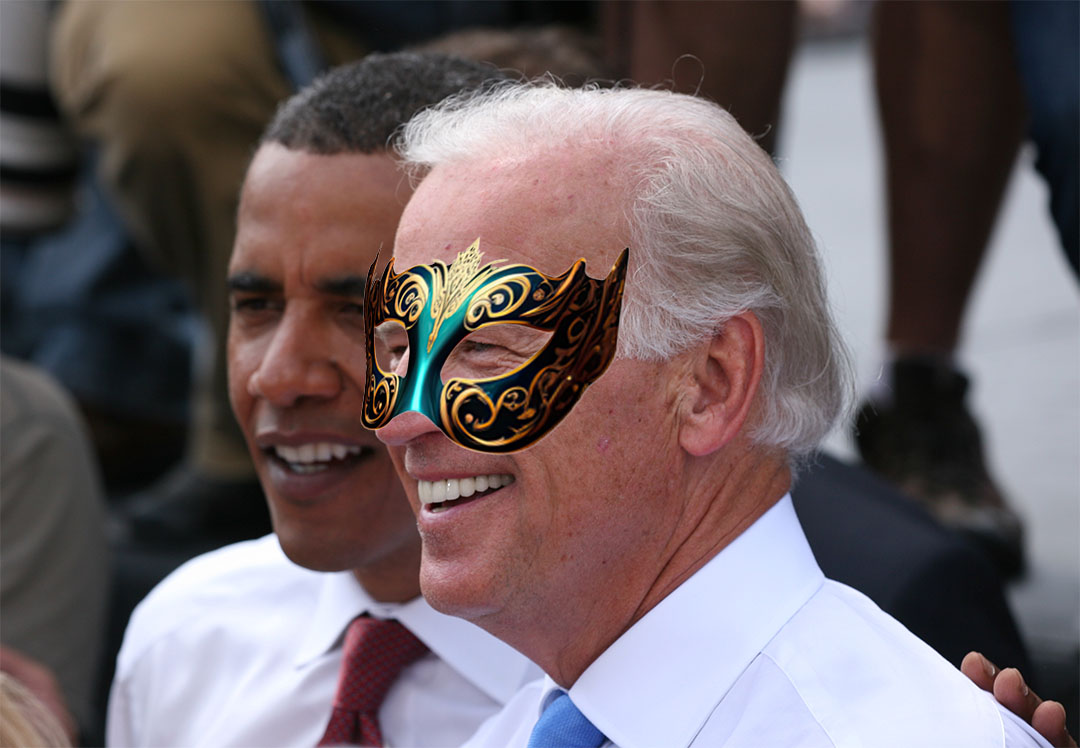 House Oversight Committee's Accusations Fall Flat: Biden's Aliases Serve National Interests
House Oversight Committee's Accusations Fall Flat: Biden's Aliases Serve National Interests 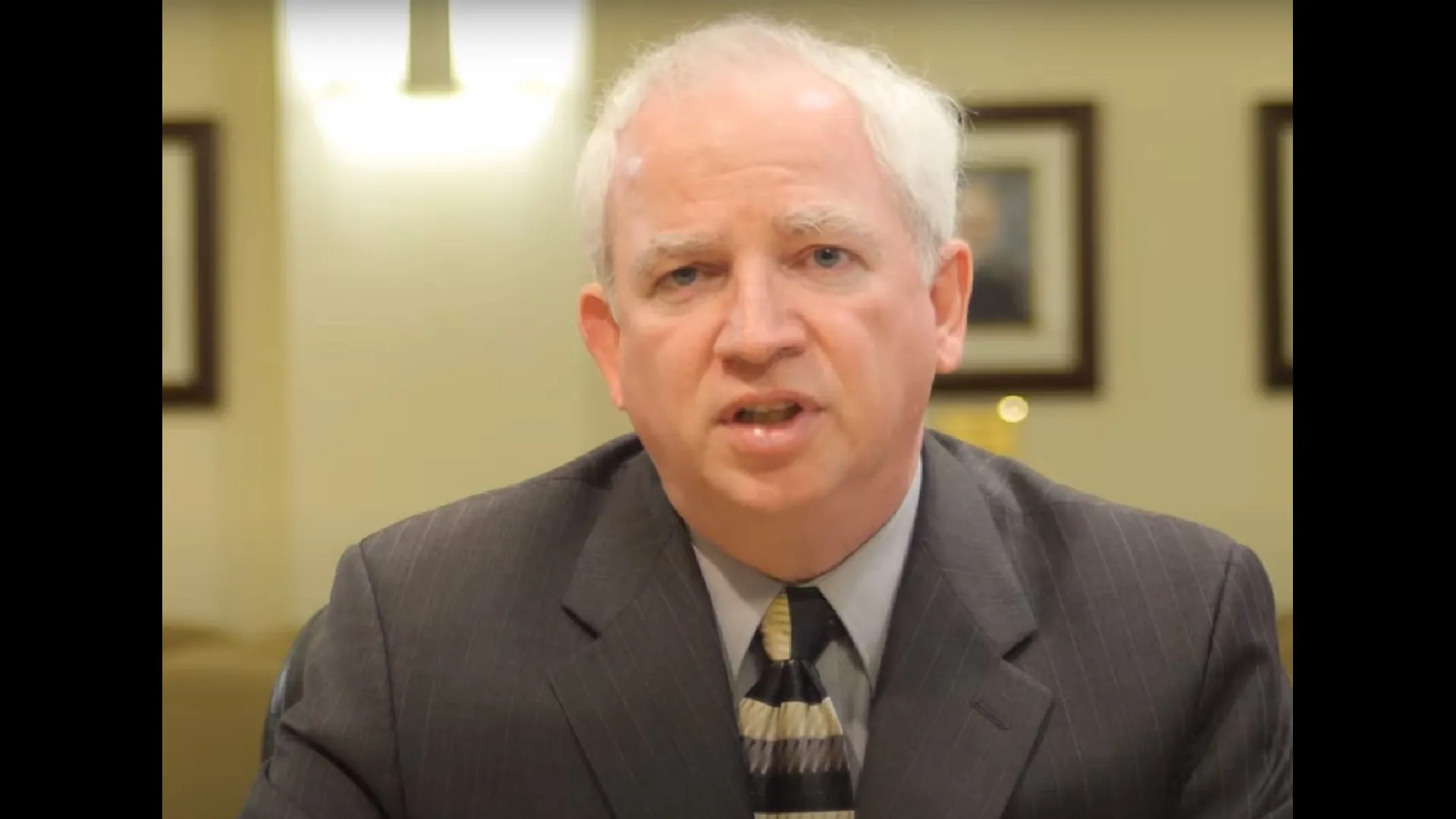 Former Trump Adviser John Eastman Faces Racketeering Charges in Georgia
Former Trump Adviser John Eastman Faces Racketeering Charges in Georgia 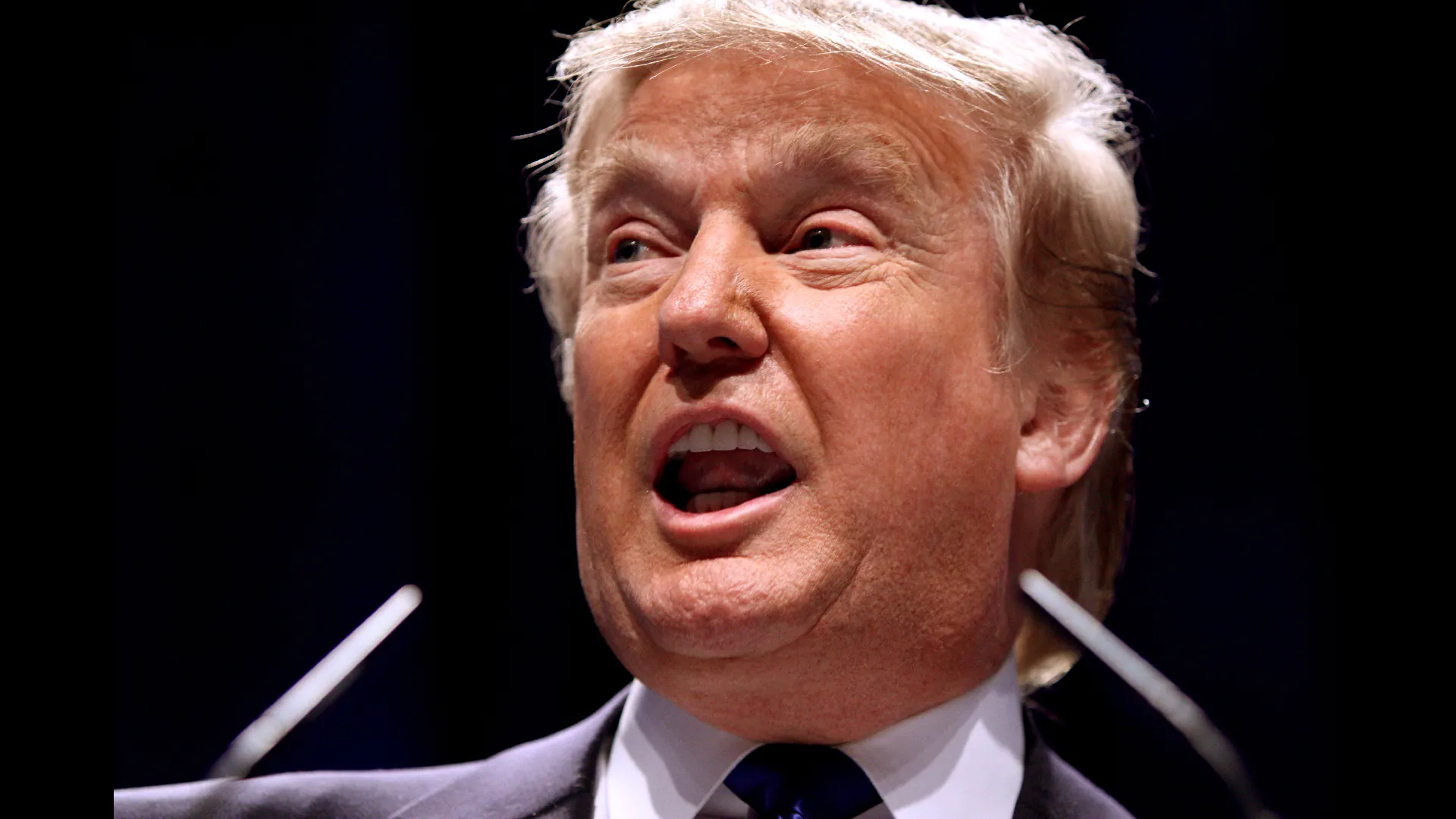 Former President Trump Indicted on Extensive Charges, Accused of Running a Criminal Enterprise
Former President Trump Indicted on Extensive Charges, Accused of Running a Criminal Enterprise 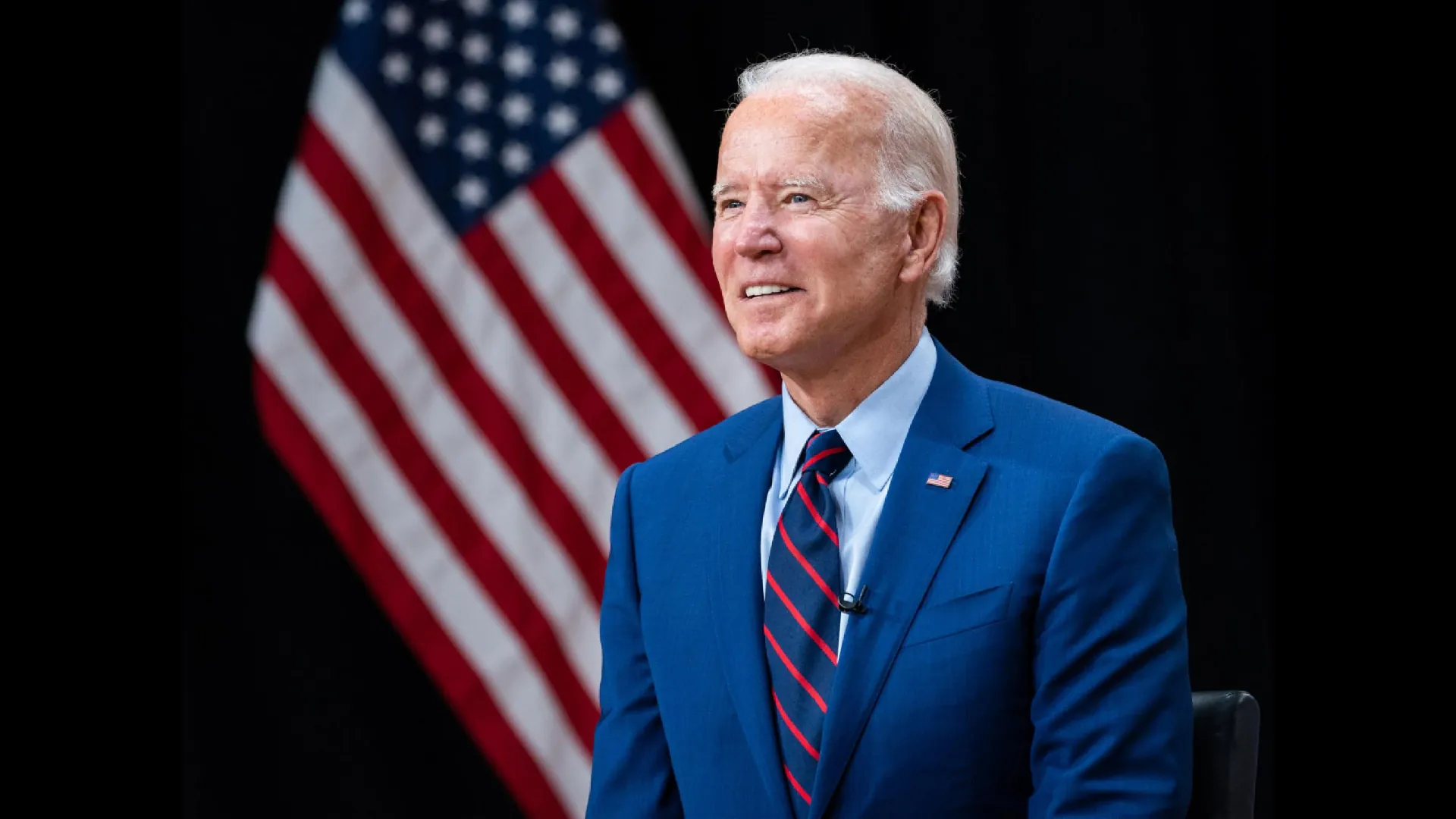 President Biden's Swift Response to Maui Wildfires Praised by Hawaii Governor
President Biden's Swift Response to Maui Wildfires Praised by Hawaii Governor